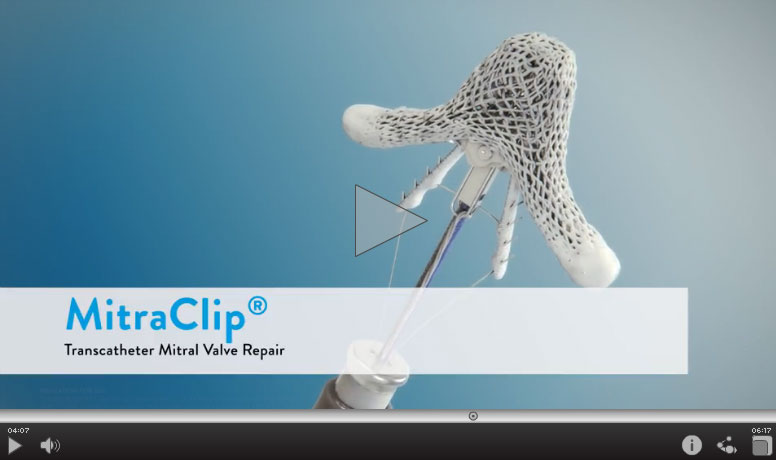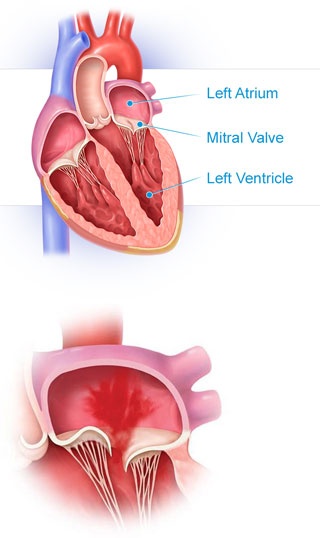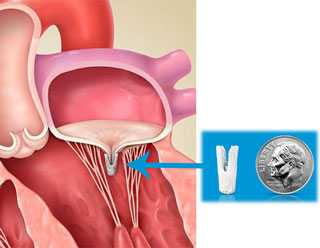When you choose St. Joseph's for your heart and vascular care, you can take comfort in the fact that our board-certified cardiovascular specialists are committed to treating you with compassion, using the most advanced diagnostic and treatment techniques available.
Our cardiac specialists collaborate with a team of dedicated healthcare professionals to ensure you receive the most comprehensive and convenient care possible. Whether you are admitted to the hospital or are seen in one of our outpatient clinics, including options in the East Valley, our specially trained cardiovascular healthcare providers will be there for you every step of the way.
In addition, St. Joseph’s multidisciplinary Cardiac Quality Committee—including cardiologists, surgeons, emergency physicians, nurses, patient educators, pharmacists and other healthcare professionals—meets regularly to review patient cases and create personalized treatment plans. Our physicians also collaborate with staff at Barrow Neurological Institute to support stroke prevention, treatment and research.
Understanding Your Heart
How Your Heart Works
Your heart beats thousands of times per day, pumping dozens of gallons of blood each hour. It pumps blood through your lungs, where the blood is replenished with oxygen, and pumps it back out to the rest of your body. The heart has four chambers; the upper two chambers are called the left atrium and right atrium, and the lower two are called the left ventricle and right ventricle. Heart valves are the doorways between these chambers. They open to let blood pass from one chamber to the next, closing quickly between heartbeats so blood does not flow backward.

The Mitral Valve and Mitral Regurgitation
The mitral valve is the valve between the left atrium and left ventricle of your heart. In a normally functioning mitral valve, blood flows in a single direction between the left atrium and left ventricle. When your mitral valve’s two leaflets (or flaps) do not close properly, some blood flows backward through the valve back into the left atrium. This is called mitral regurgitation (or MR). To compensate and keep blood flowing through the body, the left ventricle pumps harder. This strain can lead to other heart complications.

What are Your Treatment Options?
Treatment for your mitral regurgitation depends on how severe it is and how sick you are. There are medications available to reduce symptoms, such as fluid buildup in the lungs, but no medications address the underlying problem with your mitral valve. Mitral regurgitation itself can only be treated in two ways: mitral valve surgery or transcatheter mitral valve repair. You heart doctors will determine which option is right for you.
How MitraClip Therapy is Different
Unlike surgery, the MitraClip procedure does not require opening the chest. Instead, doctors access the mitral valve with a thin tube (called a catheter) that is guided through a vein in your leg to reach your heart.
- The procedure is less invasive than traditional open-heart surgery
- Procedures may vary from person to person, but patients are usually released from the hospital within 2 to 3 days
- You should experience improvement in your symptoms of mitral regurgitation and quality of life soon after your procedure
The MitraClip device is a small clip that is attached to your mitral valve. It treats mitral regurgitation by allowing your mitral valve to close more completely, helping to restore normal blood flow through your heart.

* All heart images on this page are courtesy of MitraClip (a trademark of the Abbott Group of Companies).
Meet the Team
When you choose St. Joseph's for your heart and vascular care, you can take comfort in the fact that our board-certified cardiovascular specialists are committed to treating you with compassion, using the most advanced diagnostic and treatment techniques available.




